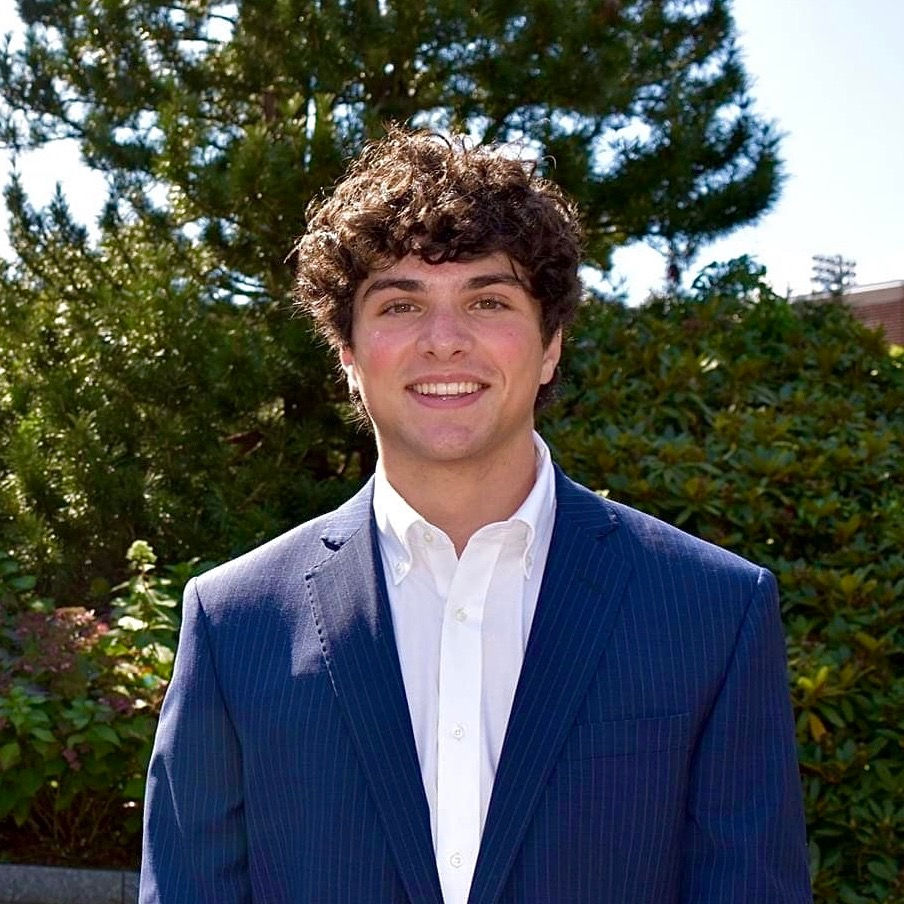Overcoming a Negative Body Image 💭
- Lindsey Depledge

- Oct 26, 2022
- 3 min read

Body image is the way we perceive our body and how we look. This is information that we have about ourselves, and doesn't reflect the way others see us. In other words, it’s totally subjective. The way our loved ones or even strangers see us can be totally different. It’s all based on our personal beliefs, cultural norms, family, social media, our experiences, and more. All things that are different for everyone.
There is no “right” body. But our body image can become distorted, especially if you have an eating disorder, and it can be all-consuming. You might find yourself so worried about how you look and how others think you look that it interferes with your activities, relationships and goals.
You might feel negative or positive emotions around your body. Positively, you might feel proud of being able to lift something strong, or delighted that you can pet a soft puppy. Negatively, you might feel guilt or shame about looking a certain way.
There is no such thing as a feeling of “fat”. We often hear people say “I feel fat”, but “fat” is not a feeling. When people use this phrase, they may be saying they feel guilty or shameful, often reflecting society’s negative view on fatness. Feelings of fatness might fluctuate throughout the day, it's important to remember that your body shape does not fluctuate throughout the day, nor is this possible. Recognising when certain moods, feelings and emotions pop up might help you to recognise emotions being mistaken e.g. feeling low and sad. Physical sensations such as fullness, bloating, feeling hot or wearing clothes that touch your skin can also lead to the Eating Disorder restoring this as feeling fat.
Here are some tips to help with negative body image:
⭐️ Challenge it - when you find yourself thinking negatively about yourself, confront the thoughts and combat them with facts.
⭐️ Find the root - a lot of times a negative body image is rooted in other issues; finding the potential cause of the body image issues might give you a better understanding of why you think the thoughts you do. And a better understanding with help you overcome these thoughts.
⭐️ Appreciate your body - our bodies are capable of so many amazing things! Practice gratitude for all that your body does for you.
⭐️ Avoid comparisons - even if this means unplugging for a while; it's important to not compare your body to other's.
⭐️ Appreciate non-physical qualities - you are more than just your body! Focus on character and personality traits that you love about yourself.
⭐️ Surround yourself with supportive people - no one wants to be around people who are constantly bringing you down! Avoid those who make comments about people's appearances. Spend time with people who love you and support you for who you are.
⭐️ Go easy on yourself - getting out of these negative habits takes time, but it's so worth it!
Our app is coming!
Learn more and join our waiting list!
🧡Join our ED Recovery Discord here!
(If you don't have Discord, it's easy and free to sign up!)

Written By:
Lindsey Depledge
Lindsey is one of the founders of Beanbag Health with a personal passion for eating disorders. She's a behavioral scientist with a background in health-tech and ed-tech in the US. She has designed healthcare and education programs at scale, engaging millions of Americans and thousands of students globally, including many from traditionally underserved backgrounds.

Written by
Jack Manthous
Jack is an intern at Beanbag Health. He is a senior at the University of Connecticut, majoring in Management. Jack states that he has already learned so much during his time at Beanbag Health and feels excited to be a part of a company that is working towards making eating disorder recovery support more accessible. He is looking forward to a future where everyone will be able to access affordable and effective mental health support.
Comments